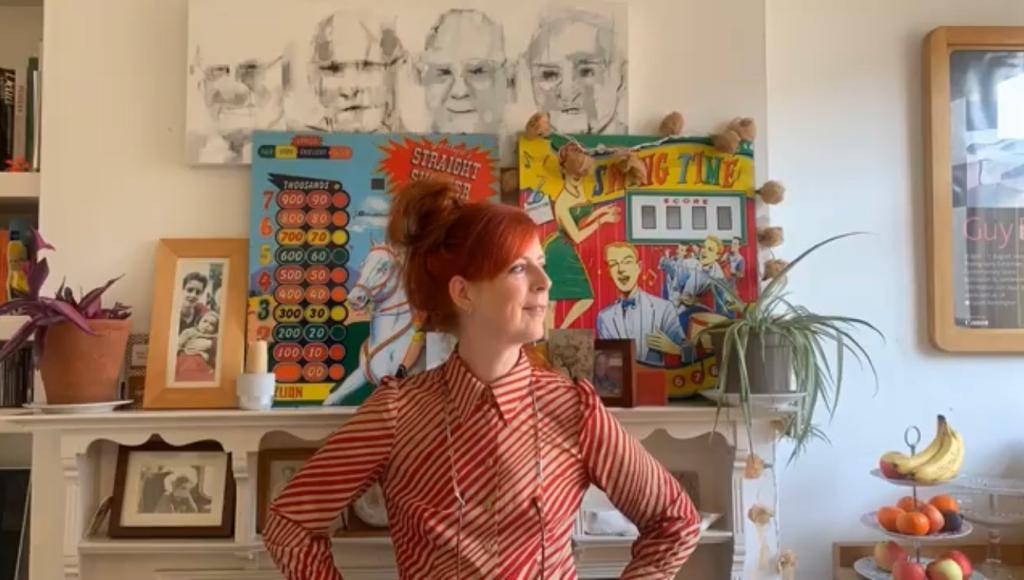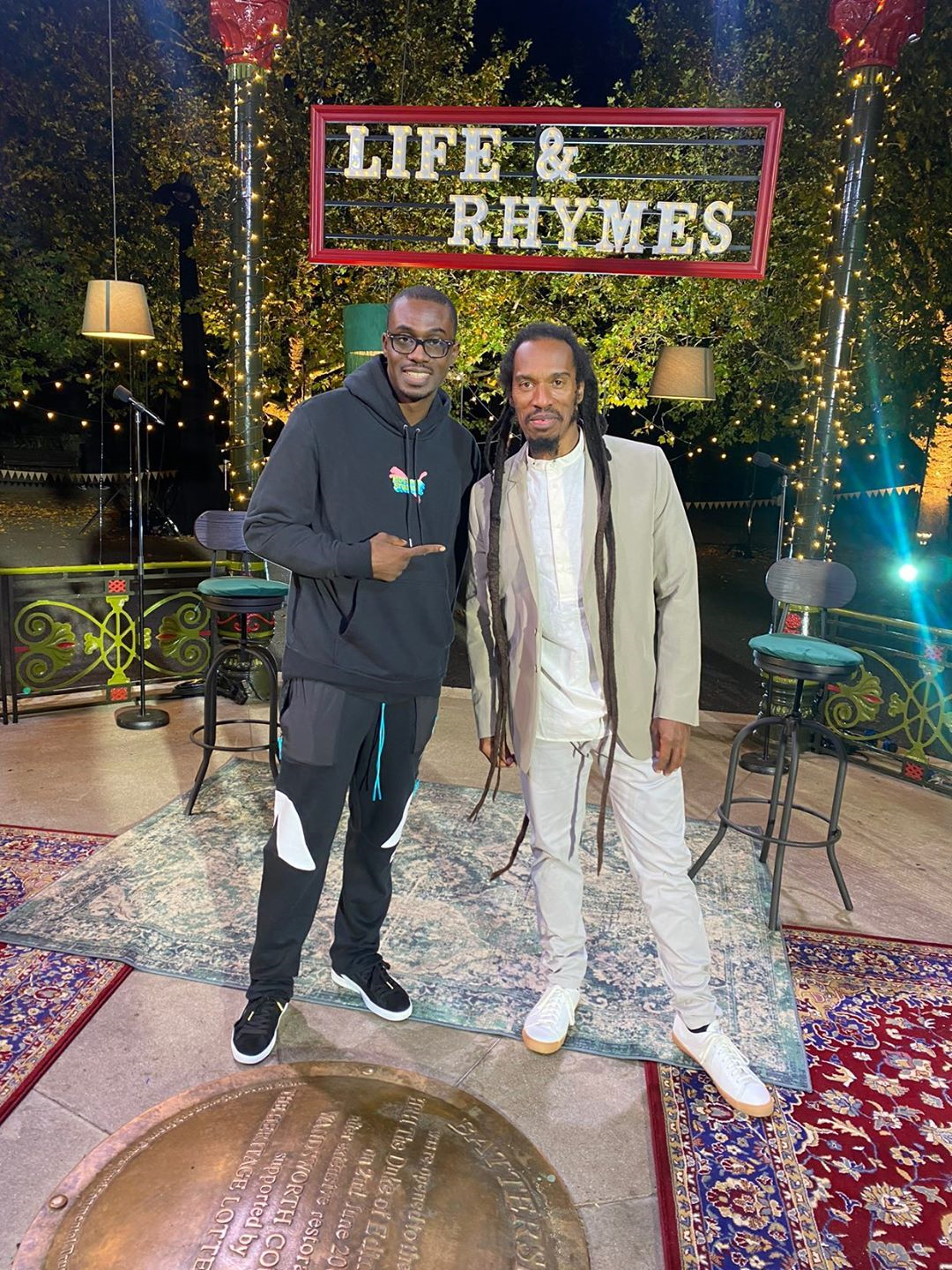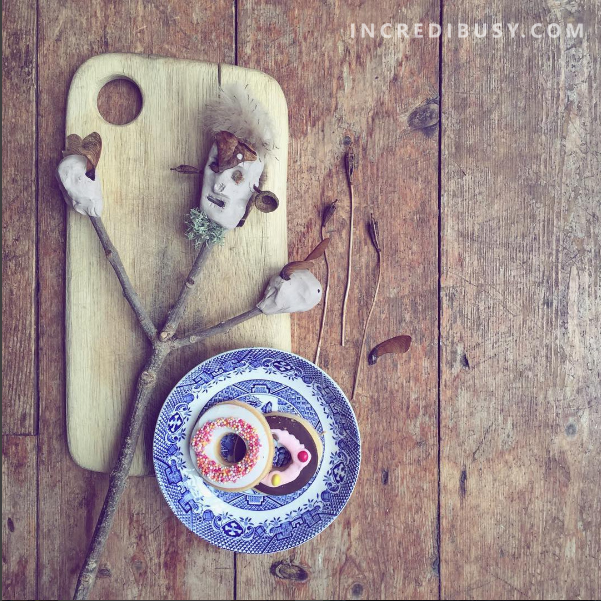This one’s a bit of a collaborative post – I was lucky enough to meet the creative Benjamin Zephaniah a few years ago, 2015, at a friend’s book launch. Benjamin Zephaniah wrote the forward for Margaret Rooke’s book Creative, Successful, Dyslexic: 23 High Achievers Share Their Stories, and we chatted about the Midlands, dyslexia, and veganism and admired each other’s outfits – his shoes and my dress.
My sons and nephews, are massive fans, and we all share the love his poem ‘talking turkeys‘, so I asked my nephew Zach Mayford if he’d like to prepare some questions for this interview.
And in turn, my friend Franklin Boeteng (@KingOfTrainers) interviewed Benjamin Zephaniah on my behalf, live backstage at the recording of the Sky Arts show Life & Rhymes. (pictured below)

There are so many good reasons to avoid animal products, especially now after we know how this deadly global pandemic has emerged… We just wanted to ask you, what do YOU think are the best THREE things about being vegan?
Well, I think the first great thing about being Vegan is that you’re really being good to a very important animal and that’s you – yourself.
For health reasons it’s actually a very good thing. Then you’re being good to all the other animals because you’re not killing them. Now, you know there are animals which kills each other for food, but we don’t need to. We can [live] perfectly well without it.
And then, it’s in the question really. You know, vegans when people say “oh these are unprecedented times” and all that stuff- they’re not. Vegans have been talking about this for years. We’ve been saying that this was going to happen. You know, ever since human beings started to round up animals, their saliva and urine, their liquids started to get on us, viruses started to pass from them to us.

They happen every year. We usually get on top of them but every now and again one escapes. So this is not new. When I hear people say “this is unprecedented times” or “unpredictable times” I say no, no, no! We saw this coming a long time ago. We’ve got to find a way of not just living in harmony with animals, but living in harmony with the earth. And a lot of people think this is a kind of new age thing.
Rasta man been talking about this for a long time. We’ve been talking about living with the earth, living in harmony, for a long time. So nature is giving us a warning– it’s giving us messages.
- As a show, Peaky Blinders resonated with so many people for so many reasons. One, perhaps more trivial reason was the show’s fashion sense, cultivated by costume designer Alison McCosh. Was there anything style-wise that you brought to your role as Jeremiah Jesus, and anything you took away?
Well, in Peaky Blinders, the way that the characters dress, is very different to the way I dress, I am a priest, and I am based on a real character – a lot of people don’t realise.
They think it’s fiction. A lot of the stories are fiction, but my character Jeremiah Jesus was a Jamaican person who fought in the First World War with a Battalion from Birmingham.
Most of the Caribbean/ West Indian regiments were just regiments themselves but for some reason this guy fought with the regiment from Birmingham.
He went back to Jamaica, and he missed his friends so much that he came back to Birmingham and mixed with the Peaky Blinders – so I wanted to stand out.
So we decided to have me black, and have the hat and everything- It’s interesting, I’ve been doing some some performing, and my hat is kind of Peaky Blinder-ish.
And I’m kind of self-conscious of it, because I don’t want people to think that I’m dressing like Peaky Blinders but you go to Birmingham and people dress like Peaky Blinders.
There’s a bar called ‘Peaky Blinders’ – there’s a drink called ‘Peaky Blinders’ and it has kind of renewed a new fashion sense in some people.
But not in me, you know I just dress the way I dress, my Mom dresses me basically.
There’s a guy called Dean Ricketts that dresses me sometimes.

- Bit of a throwback, but in a 2011 Telegraph interview you mentioned the importance of travelling with shoes to explore communities. How has the importance of shoes in walking and running changed with coronavirus restrictions?
Well, when the Coronavirus restrictions came into force, I really felt for people who were stuck in tower blocks. For people who could get out to walk, walking became really important.
I mean, if you are going to walk, then what you have on your feet is really important.
And it is easy to put on a pair of shoes or trainers and think they are comfortable, and actually they are only comfortable for five minutes. You start walking for ten minutes, and you’re in pain.
So your footwear is really really important. Have you got good tyres? Because that’s your contact with the road.
It’s like that, you know, your feet are your contact with the Earth
So you’ve got to have good footwear. So it’s important from that point of view.
But you know, it’s part of healthcare, to have good shoes.
You see people with mash-up toes, they’ve been wearing bad shoes.

- You’ve collaborated with animal rights groups like PETA in parallel to your human rights work and poetic activism. Do you see any crossover between the systems that oppress people and the systems that oppress animals?
For me, it is a similar system that oppresses human beings, that oppresses animals. You know, even if you take a thing like fox hunting.
During slavery, they used to get, they used to pick one of the slaves, and say, “we’ll give you a chance to run, and then we’ll hunt you down.”
This is the lust for blood that’s passed from one generation to the next.
It could be a fox it could be a deer, but if it’s not a fox or deer, it could be me or you!
The need to chase an animal down and kill it is grotesque, it’s evil. Live and let live.
One thing that frustrates me that when I started working using my poetry and working as an activist in the animal rights area in the human rights area, I was a bit frustrated by how it didn’t cross over.
You get people into animal rights and they never really bother with human rights and people who are into human rights would never really bother with animal rights, and I was always trying to make people aware that they are interconnected.
When the animals run out, they’ll come for us. Before they were doing animals, they were doing us. It’s a mentality that life is not important- they dehumanize you.
That’s why a lot of arrogant people say “oh, that person is like an animal.” And I say “which animal?“
I never in my whole life, I’m 62 years old and I’ve never come across an animal that formed an organisation called the BNP or UKIP, or something like that.
Animals killed for survival yes make sure to protect their territory that’s just natural instinct.
We don’t have to do that we can talk so when people say you know you “acting like an animal.”
I say, “Which animal? A butterfly?”
Life is important. It sounds a bit wishy-washy, a bit hippy, but LIFE is important. I’m not gonna go kill somebody for sport. Animal OR human.
- Is it true that you became vegan, or at least conscious of veganism, before you were even a teenager? What was it like trying to be vegan when you first started, and how have things changed since?
Well I went vegetarian at 11 and vegan at 13, I didn’t know what the word “vegan” meant.
The first time somebody called me a vegan, I went to hit him. I was going to fight him, I thought he was calling me the N word or something. I’d never heard that word before.
Vegan- I just decided that I didn’t want to eat animals, at that time, you called it “Ital.” I realised that we are the only animals that drink the milk of another animal.
We are the only animals that drink milk after we’ve grown up. Human beings are born lactose-intolerant- we just forced ourselves to tolerate lactose.
I had a conversation with my Mum, “where the beef come from?”
She said, “It come from the Shop.”
I asked her, “Where does the Shopkeeper get it from?”
She said, “The Shopkeeper get it from the Farmer.”
I said, “Where did the Farmer get it from?”
She said, “The Farmer get it from the Cow.”
I said, “Where the Cow get it from?”
She said, “Son, it IS the Cow!”
When she said “It is the cow!” I just went “STOP” and I was only 11, and I said “I don’t eat my friends” – I was living in a place at the time where as a black man I was being bullied and chased and hunted down. The things that left me alone were animals.
When people were eating the beings that were not hunting me down, it was very instinctive for me. I didn’t feel I was joining a tribe, I wasn’t being “trendy” or anything like that- I was just being true to myself.

- As someone who turned down an OBE to keep the word “empire” out of your name, how have you felt about the recent BLM protests and toppling of statues from Britain’s colonial past? What should Birmingham do about its statue of slave-linked James Watt?
Well I think that all the statues and monuments that have a connection to slavery should be dealt with case by case. There are some people who were related or inherited some slave money, there are other people who were slave ‘drivers’ – How far do you want to go?
You could have worked for a company that had business in slavery, years ago. If anybody you know worked in The Midland bank- well that bank was started through slavery.
What are you going to do? Go to them and say – take all your money back?
So it’s kind of, case by case. I don’t exactly know the story of James Watt, I know that he was involved in the Slave Trade. But I think we should investigate people like that.
If there are still legacies of their wealth like a family in Bristol did the other day, they said “well we are going to give half of our money to Black organisations, to help them develop.”
“Because we as a family have developed on the back of black people” – that’s a family being really honest about its wealth.
And it knows that and gives half of its money to Black people, that family is not going to starve.
So I think it’s a case by case situation. I think Colston, in Bristol for example, should go down, because slavery made that man – you know? And there are people like that, we should topple them down.
I think that people like Winston Churchill are very questionable. People have him like a hero, but Hitler killed six million Jews over something like seven years, and Winston Churchill allowed almost two million Bengalis to die in just one year.
It’s a very uncomfortable debate to have.
And the reason it’s really uncomfortable is not because of these family connections, that’s one thing. It’s just that the textbooks that we have in schools have to change.
When they sing “Rule Britannia”, Britannia doesn’t rule the waves anymore. “Britons never shall be slaves”- so who shall be the slaves then? This is the narrative we have to change.
- What do you think of the current trends in veganism and ethical lifestyles, and what hopes or expectations do you have for the future?
Well I think veganism and plant based diets that people are taking up now, it’s cool.
It’s a bit like, once upon a time Reggae music was really big, right, and it was really fashionable for every record company must have a spliff on the cover.
And then what happened? It became not so popular, and you see the true Reggae creators and the real true Rasta minded people.
Blues-based-rock was really popular once upon a time but most of those people have faded away but we still listen to people like Bowie and Rolling Stones, you know? So, everything has its moment.
And now veganism is having its moment. I’m not fooled by all of it, but I do think that there are some people that it will stay with them. They really mean it.
There are people that will return to another lifestyle, that’s up to them. We can’t judge anybody. All of us have things that we do, and things that we believe in, the important thing is that you stay true to yourselves.
If you are not being true to yourself, and you are just following the crowd, in my humble opinion.
You learn by your mistakes, and you listen to other people. That’s the best you can do in life.
With thanks to:
Franklin ‘King of Trainers’ Boeteng.
Find out more about Black History Month here
Find: Margaret Rooke’s Creative, Successful, Dyslexic: 23 High Achievers Share Their Stories at Waterstones here and if you’re interested, check out my recent review of Kate Power’s The bigger picture book of amazing dyslexics here.





Leave a Reply